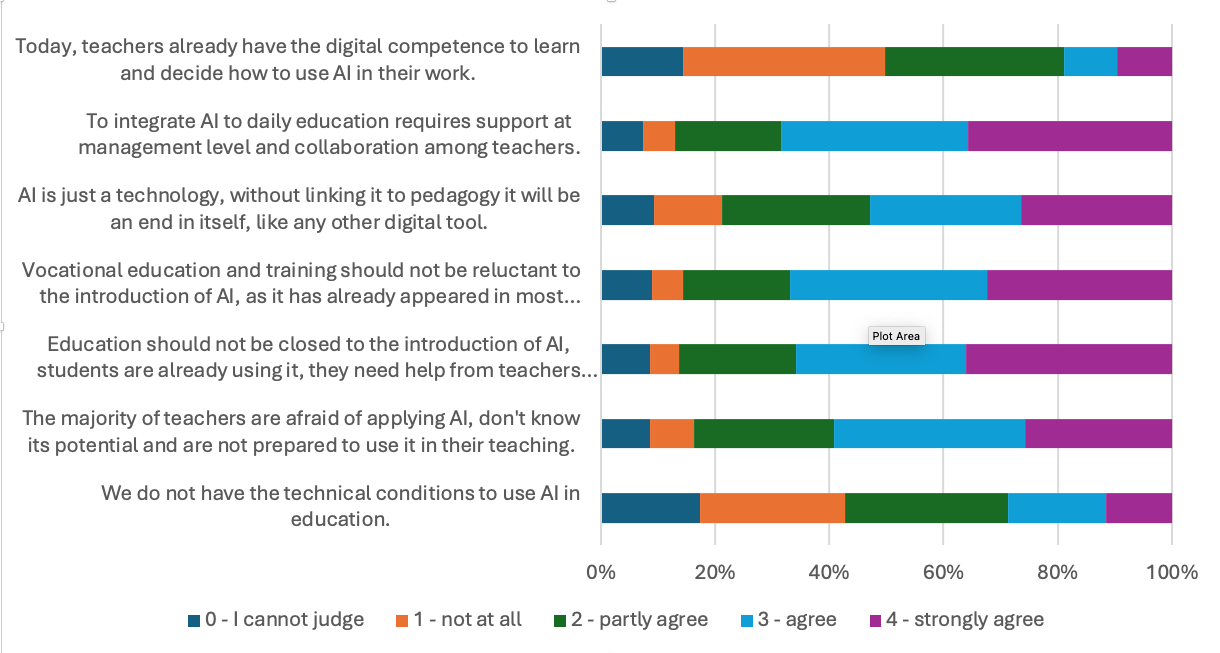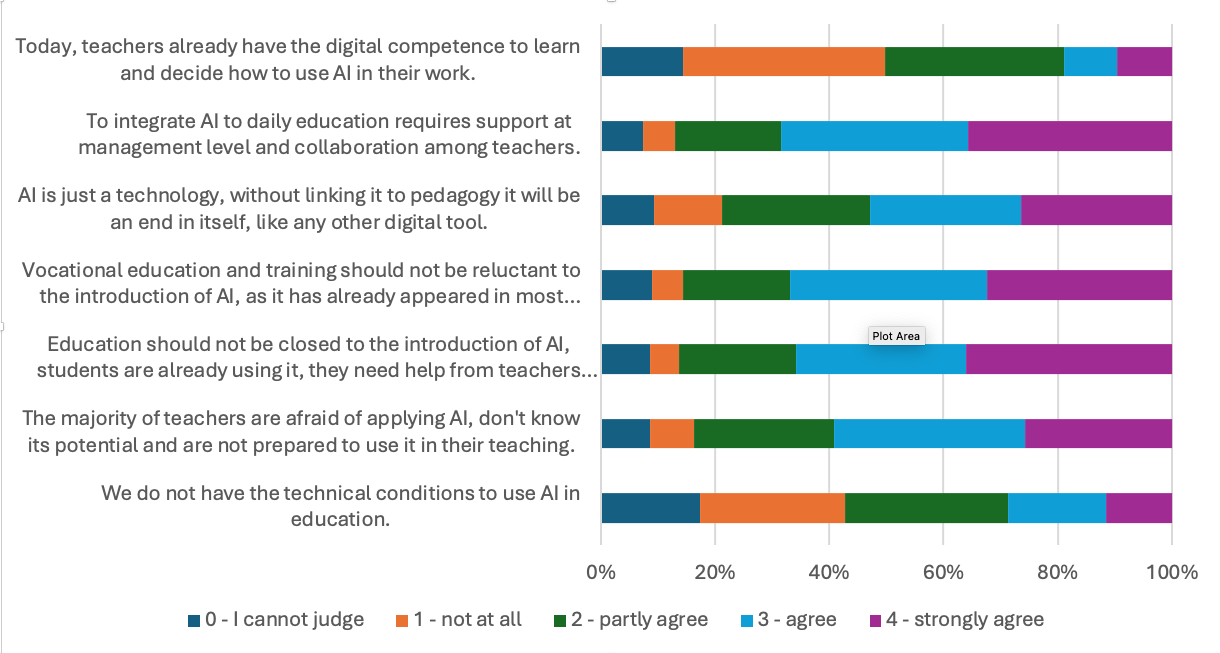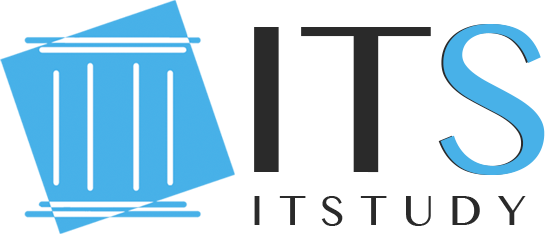
FliCreate: FLIpped CREative Awareness TEaching
The overall aim of the project is to improve the educational performance of European students by using more effective pedagogical methods that facilitate personalisation, rely on the use of digital technologies and promote the development of students' creativity and problem-solving skills.
Teachers are now aware of the need to change the teaching-learning culture. Teaching must focus on practical problems that actually occur in real life. In addition to teaching facts and figures, students need to develop higher-level thinking skills such as reasoning and problem-solving.
The FliCreate project aims to encourage teachers to acquire advanced digital competences and to use them to apply creative, learner-centred teaching methods.
In the pilot training, teachers will learn, among other things, about the flipped classroom method and how to use applications for preparing flipped lessons, creating motivating digital content and videos.
Project information
- Website: https://flicreate-project.eu/
- ID: 2019-1-IT02-KA201-063149
- Partner countries (and institutions): Hungary (iTStudy Hungary Számítástechnikai Oktató- és Kutatóközpont Kft.; Magyar Gyula Kertészeti Szakgimnázium és Szakközépiskola), Spain (Goiherriko Herrien Ekintza), Italy (Istituto Tecnico Tito Acerbo; Ilmiolavoro), Slovenia (GEPŠ Piran; Ustvarjalnik), Poland (Akademia Humanistyczno-Ekonomiczna w Łodzi)
- Duration: 1 October 2019 – 30 April 2022

Project news
The project starts in September of 2025. We share here the results of our preliminary research in 2024 aimed to get clear evidence, that there is a strong need for guiding vocational teachers to understand the basic concepts of artificial intelligence and to equip them with the knowledge and skills to effectively integrate artificial intelligence (AI) into their teaching.
As part of the proposal development process, the project partnership conducted an online survey to assess vocational teachers' readiness, attitudes, and needs related to the integration of Artificial Intelligence (AI) in education.
Survey period: 17–23 July 2024 Platform: EU Survey portal Sample size: 269 valid responses Countries represented: Hungary (29.89%), Italy (35.06%), Spain (21.77%), Lithuania (12.18%) Gender distribution: 56.83% female, 42.44% male Educational background: 68.27% held a master’s degree (MSc), but only 9.96% had vocational qualifications Teaching experience: 73% had over 11 years of experience |
The primary objective of the survey was to validate the following preliminary assumptions:
Vocational teachers often face uncertainty and hold misconceptions about AI.
Teachers acknowledge the increasing importance of AI in the labor market and recognize the need to adapt accordingly.
Although students are already engaging with AI technologies, many teachers feel unprepared to incorporate them into their teaching practices.
Educators show a willingness to adopt AI in the classroom but require targeted professional development to do so effectively.

MAIN CONCLUSIONS
Teachers expressed both optimism and caution regarding AI’s role in education. While 43% agreed that AI is essential for the labor market, over 50% believed that most teachers are not yet prepared to integrate AI into their classrooms. Furthermore, teachers stressed that effective AI integration requires managerial support and teacher collaboration.
The survey results clearly justify the relevance of the project’s aims, confirming that vocational teachers need targeted support to understand and apply AI in their teaching and that there is strong interest in student-centered, AI-integrated methodologies aligned with labor market demands.
More details in the document: Secondary School Teachers' Attitudes Toward AI Integration in Teaching - Survey across four European countries.
Information: maria.hartyanyi@itstudy.hu
